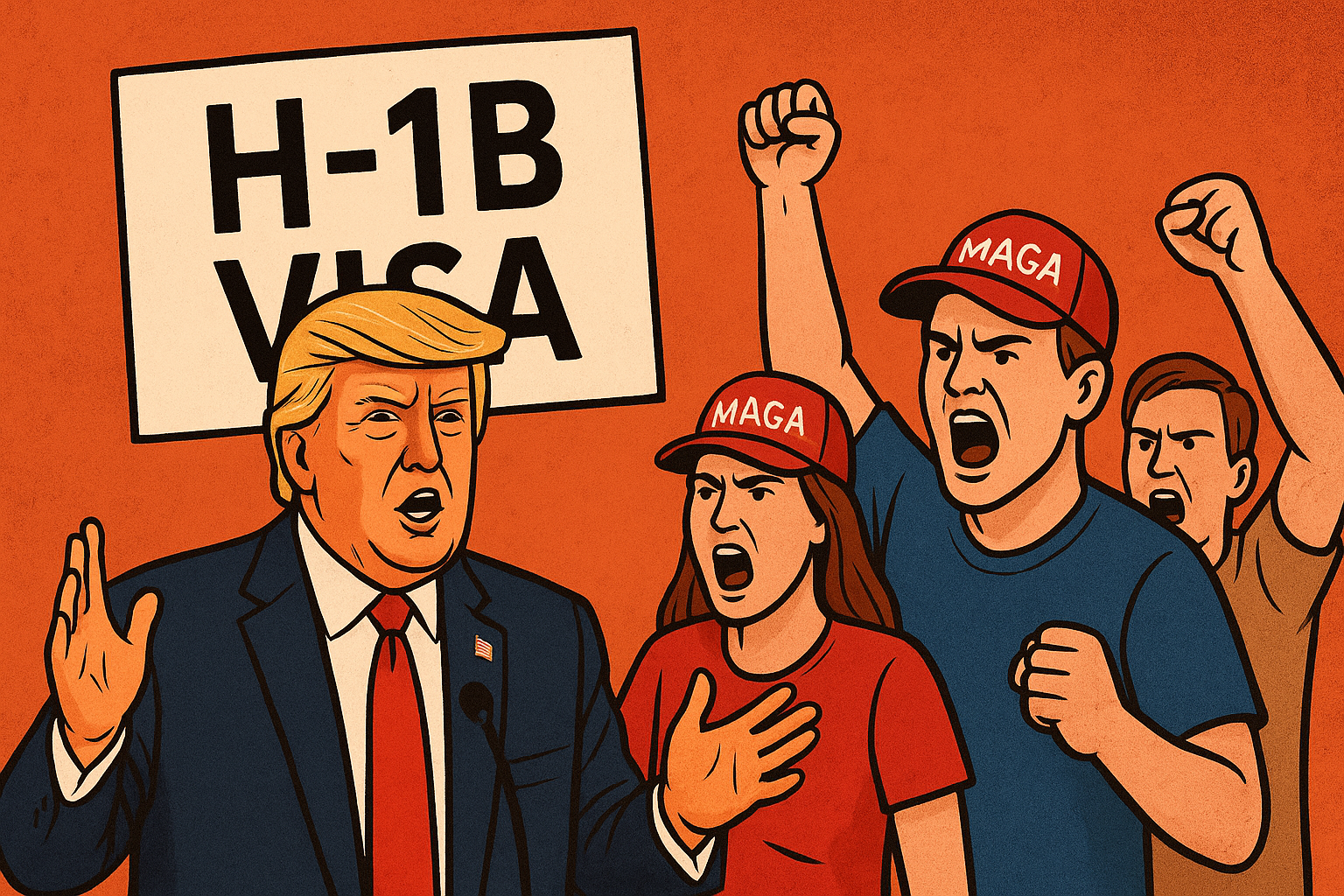How H-1B Visa Holders Are Facing a Housing Crisis in The U.S.
.png)
Previously, thousands of non-permanent residents, i.e., individuals dwelling and working in the U.S. under the umbrella of visas like H-1B, mostly had to depend on the Federal Housing Administration (FHA) to realize the dream of owning a property or home. This path was once difficult, but achievable. However, through some recent bureaucratic twist and turn, this path is now on the verge of extinction.
The termination comes with the recent executive order from the Trump Administration. As a result of this, the FHA-backed mortgages granted to non-permanent residents have dropped to almost zero. As a leading EB-1A consultancy, we have provided our complete breakdown of the situation here.
What happened policy-wise to restrict the H-1B visa holders from property
The steady decline has followed from a policy announcement made in a March 26 letter by the Department of Housing and Urban Development (HUD). It states that no permanent residents, along with those on employment-based H-1B visas, would no longer be eligible for the FHA-insured loans.
According to the HUD, the move is in line with President Trump’s broader commitment to secure economic vocations for the US citizens; in other words, “in line with President Donald Trump’s commitment to safeguarding economic opportunities for US citizens and lawful permanent residents. Federal benefits, including access to FHA-insured mortgages, are reserved for individuals who hold lawful permanent resident status.”
The accumulating effects of this policy were swift and severe. A report by John Burns Research & Consulting suggests that NPRs have made up less than 1 per cent of FHA loan volume in June. The loan volume has gone down from 6 per cent to 1 in just two months. However, by July and August, the number had actually diminished to zero.
Being unable to access the FHA-insured financing, NPRs will have to take recourse to the conventional mortgage options. However, this will put the H-1B visa holders in a tighter bottleneck, as these loans are not backed by the federal government and may come with stricter requirements, including strong credit scores and documented employment history.
Why can the policy weigh down on the visa holders further?
The policy can have a disastrous effect on those who, despite being employed legitimately, could struggle to satisfy all these thresholds. In line with this thought, JBREC expert Alex Thomas has noted: “The number of FHA loans going to non-permanent residents has dropped mostly because they’re just not buying anymore.”
The exclusion is at its harshest for younger and first-time homebuyers in the U.S. This is especially so in the regions where the NPRs contribute significantly to the market.
The FHA loan program previously helped low-income or first-time borrowers with secure home loans with a mere 3.5% down payment. This program is traditionally backed by government-backed insurance to protect lenders in circumstances where the borrower may default. In the changed context, the NPRs, including those on employment-based H-1B visas, are no longer eligible for the FHA insurance.
Our EB-1A consultants are continuously staying updated on all the changes in the tumultuous U.S. visa landscape. Bookmark our blog section to get timely updates, news, and insights on the current visa landscape.
Sources and further reading:
- Once, Liezel. “FHA Loan Ban Shuts Out H-1B Visa Holders from U.S. Homeownership.” Mortgage Professional America (MPA), October 16, 2025.
- Anjana PV. “How H-1B Visa Holders Are Being Squeezed Out of the U.S. Housing Market.” The Financial Express, October 16, 2025.
- Anjana PV. “‘They Never Should Have Been Allowed,’ MAGA Celebrates as Department of Housing Limits H-1Bs from FHA Loans.” The Financial Express, October 16, 2025.





.png)
.webp)
.webp)
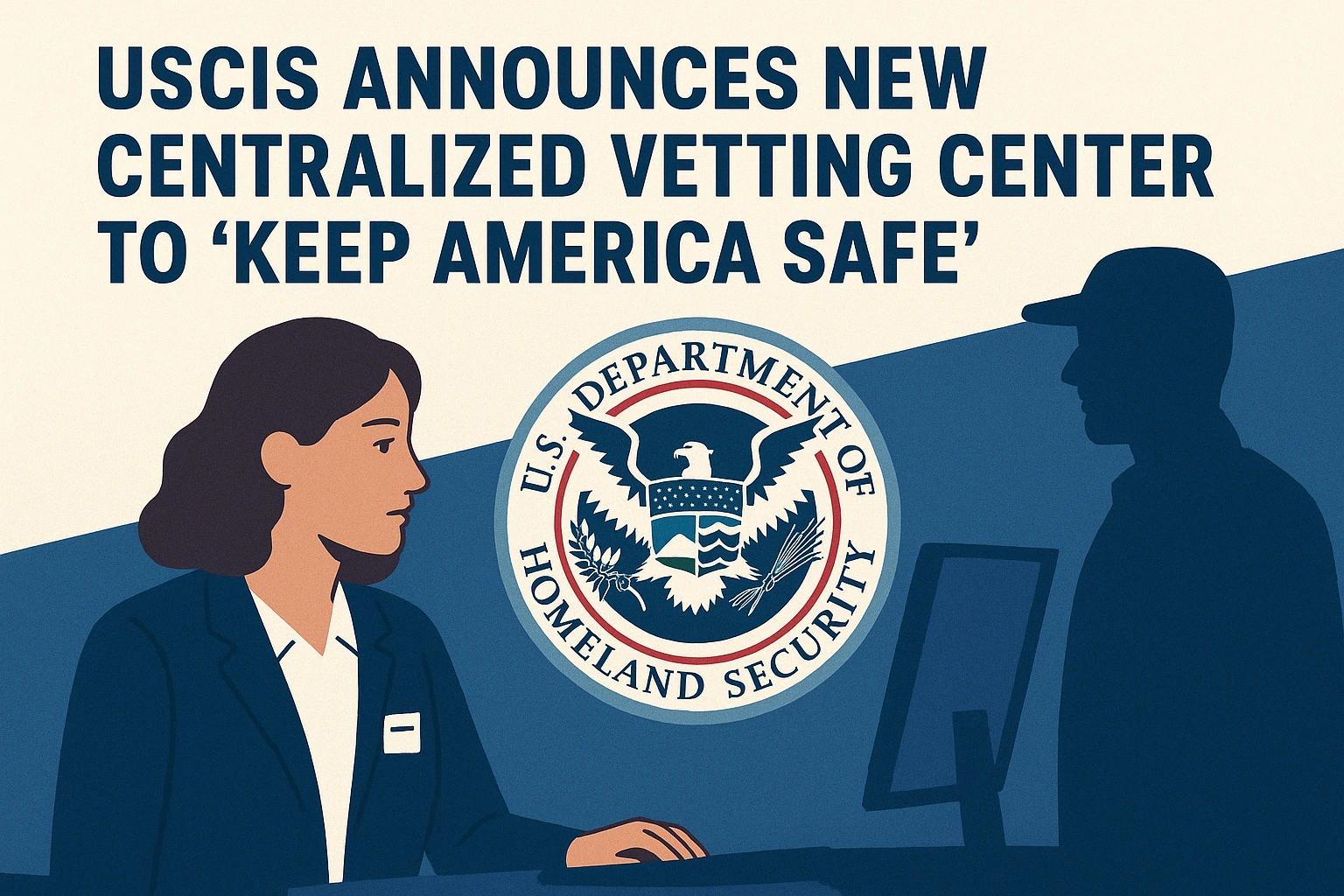
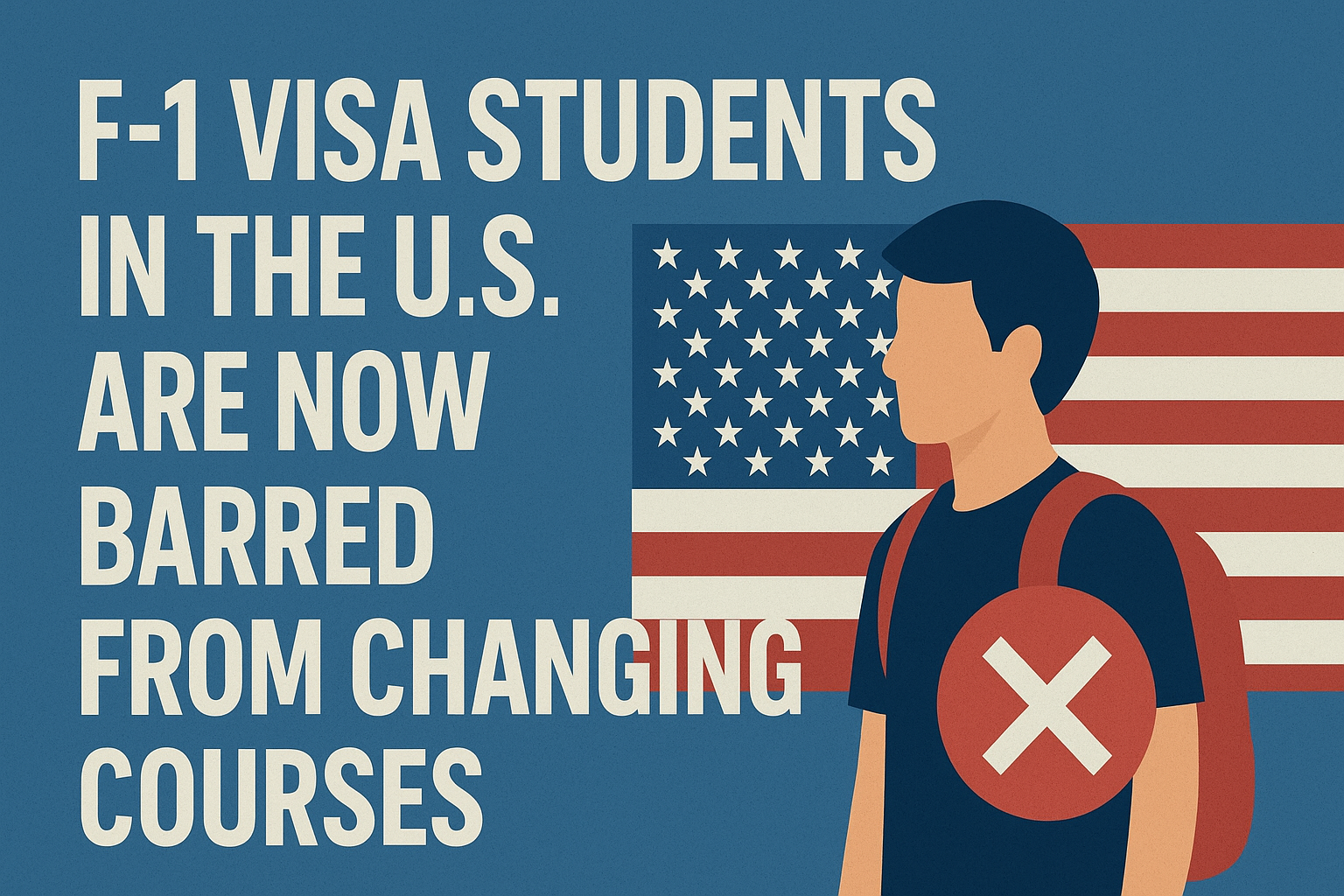
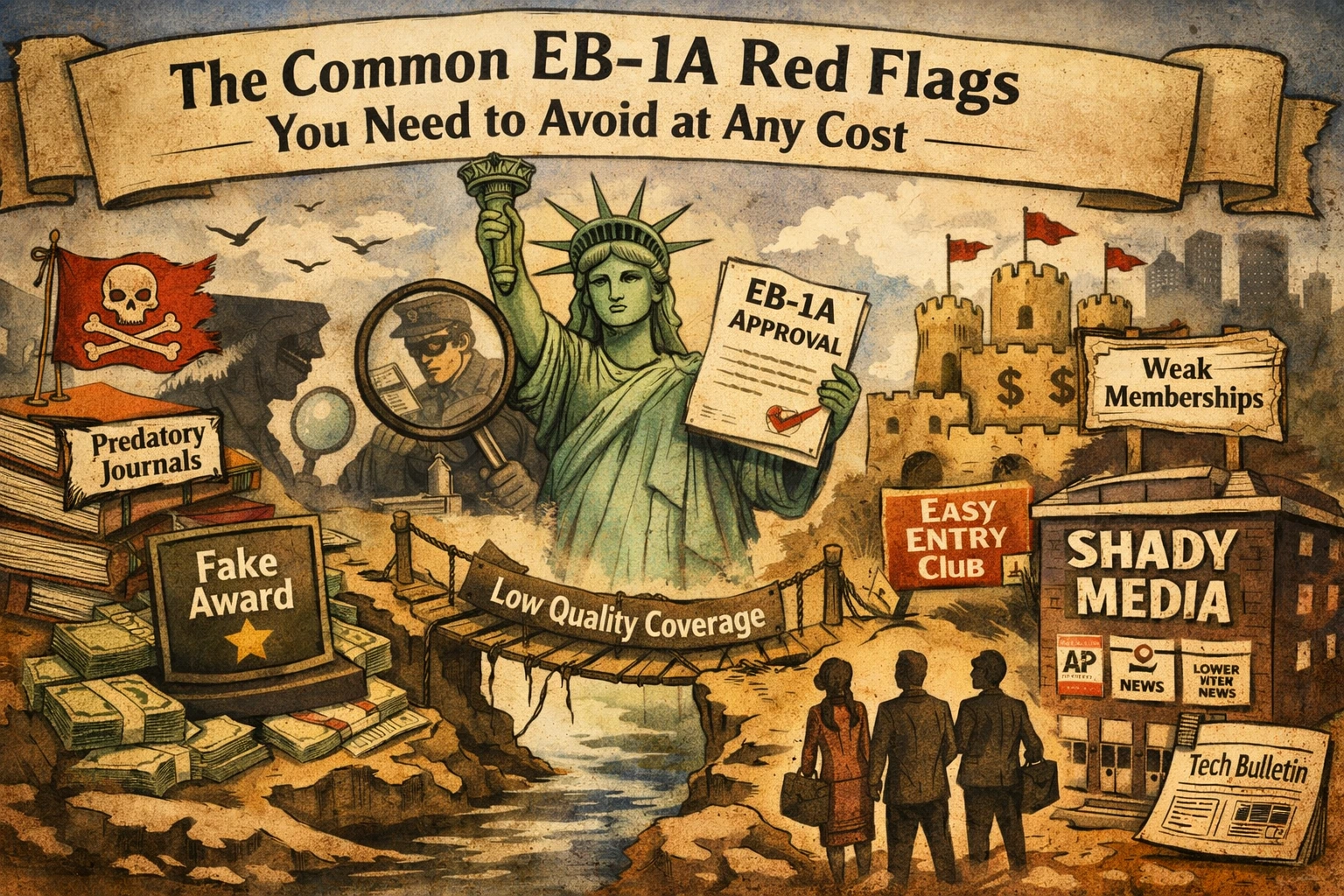
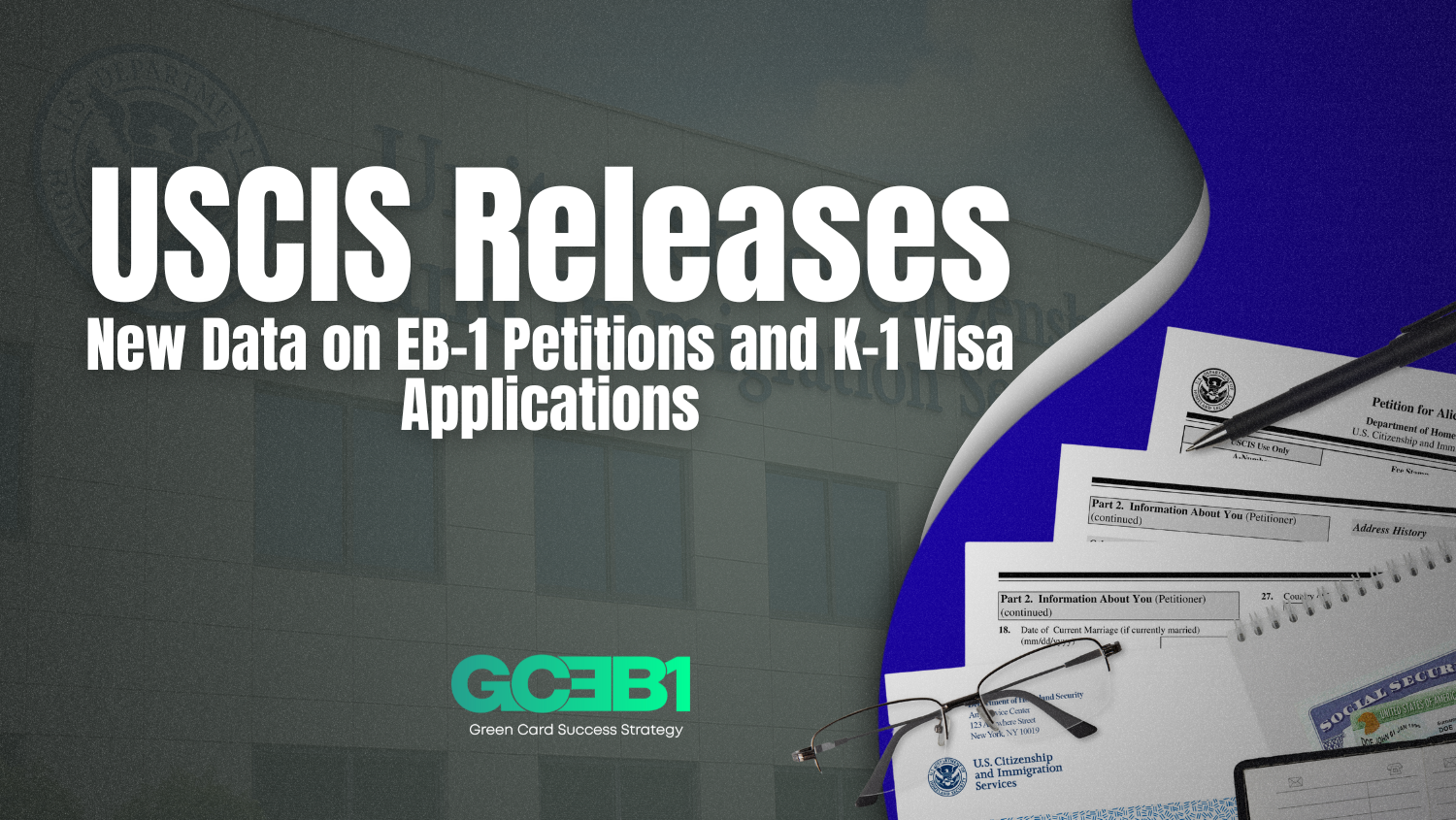
.png)

